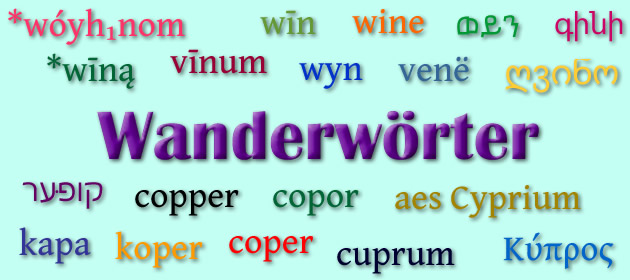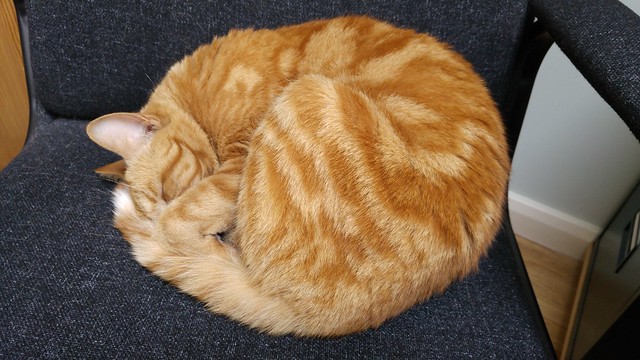Words for fish and other seafood seem to pop up quite often in the Japanese lessons on Duolingo. One such word is 鮭 (sake), which means salmon, specifically chum salmon (Oncorhynchus keta), a species of salmon that lives in the North Pacific and the Beringian Arctic. It is also known as the dog salmon, Siberian salmon, keta salmon, or silverbrite salmon in North America [source].
The word 鮭 (sake), which is also written 鮏, サケ or さけ, comes from the Ainu word サㇰイベ (sak ibe – salmon), which literally means “summer eat”, as salmon as usually caught and eaten in the summer [source].
The chum of chum salmon comes from the Chinook Jargon word tzum (spotted, marked). The keta of keta salmon / Oncorhynchus keta comes from the Russian word кета (keta – chum/Siberian salmon), from the Nanai word кета (keta – fish) [source].
鮭 [sáꜜkè] should not be confused with 酒 [sàké] (alcohol, sake). In the former the first syllable has a high pitch and the second a low pitch, while in the latter, the first syllable has low pitch and the second a high pitch [source].
Other Japanese words borrowed from Ainu include [source]:
- コタン / 古潭 (kotan) = village
- トナカイ / 馴鹿 (tonakai) = reindeer
- ラッコ / 海獺 (rakko) = sea otter
- ルイベ (ruibe) = salmon, saffron cod, etc. cut into thin slices while frozen





